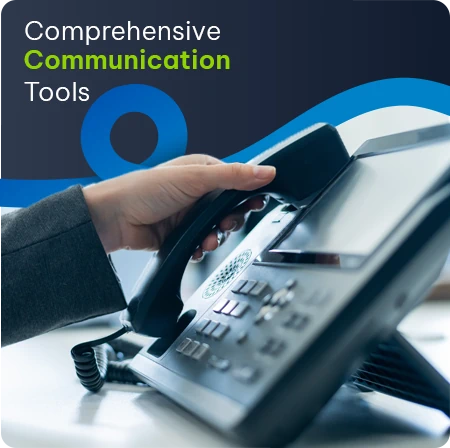CRM traditionally has one of the lowest adoption rates in organisations because it is not necessarily seen as a key business application.
So how will you know if it is time to invest in a CRM solution? The answer to this question is simple: when you start to see an increase in customer incidents, or your sales cycle becomes longer, you are closing fewer deals and constantly putting out fires – then you need to start considering putting systems in place to manage your sales and customer processes. The right solution will allow you to measure customer satisfaction, productivity – how your sales cycle becomes shorter, upselling and cross selling to existing customer base and so on. It will give you insights to understand where the problems in your organisation lie, allowing you to focus on the weak points and improve your customer centric systems and processes.
Many business decision makers are not always clear on knowing what they need to buy. The following features are optimal when choosing a solution:
- Ease of use and adoption- if it’s too complex your staff are less likely to use it
- Full integration – the system should fully integrate with your existing systems
- Mobility – should be fully integrated with mobile
- Flexible business processes – should be adaptable to accommodate changes in your business processes
- Document management – all client documents should be easily accessible from all devices
- Consulting and support – the right amount of support should be available according to your individual business needs
When it comes to choosing a solution provider however, not all partners are the same, and it’s important to find the correct one to suit your business needs. You need to consider how much support you will require to install, configure and implement your solution, as, depending on your business requirements, could take anything from a week to several months.
Regardless of the size or nature of your business, being proactive is always a better approach than reactive. Salespeople need to know what is happening in their customers´ sites on any given day. They need to understand what challenges the customer is facing, which can often be obtained via financial press, social media or any other external medium. CRM enables the centralisation and aggregation of this type of information, for ease of reference. Having in-depth insights on the specific pain points of each customer dramatically changes the dynamic of the customer conversation. Rather than approaching customers with questions, in an attempt to find out what you can do for them, salespeople should be coming prepared with solutions based on their knowledge of what the client needs.
Traditionally, account managers will be assigned to a customer, and will meet once a month, or every two months (depending on the requirements) to ensure awareness of and clarity on what is happening within the business.
While the benefits of CRM may well be clear for any business, it is important to note however that successful implementation depends on a few factors within the organisation. The outcomes for your business will depend on being ready to adapt to new processes, adoption of defined sales processes, moving away from unstructured data to a more structured environment (which goes hand in hand with moving from a paper-based to digital system) and importantly, staff adoption. Once in place CRM will streamline your business processes, strengthen client relationships and show measurable results in your sales and productivity.











